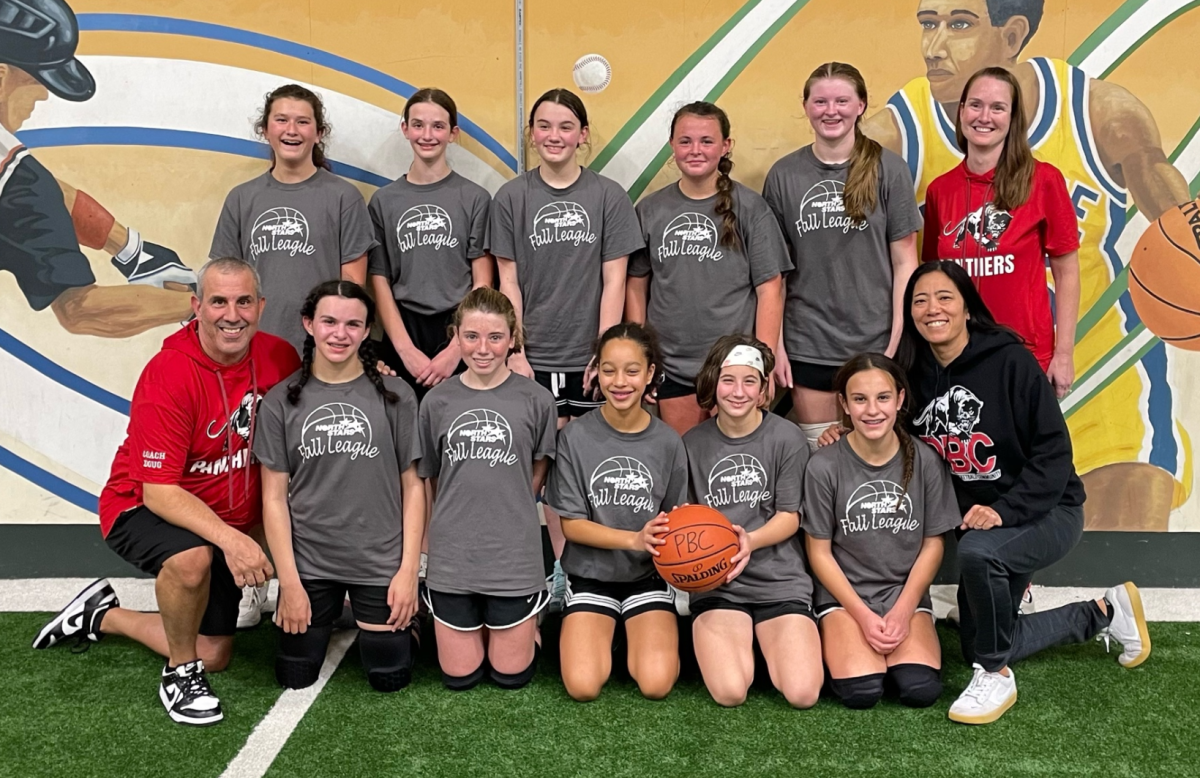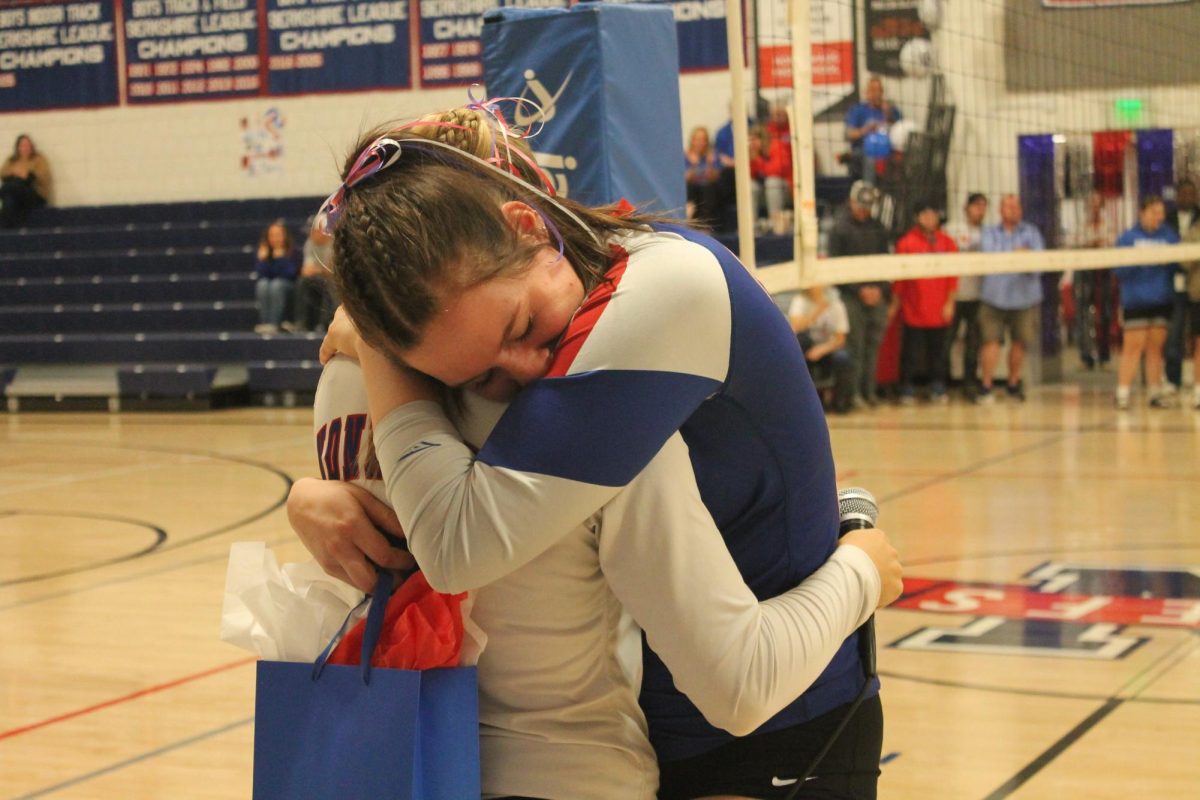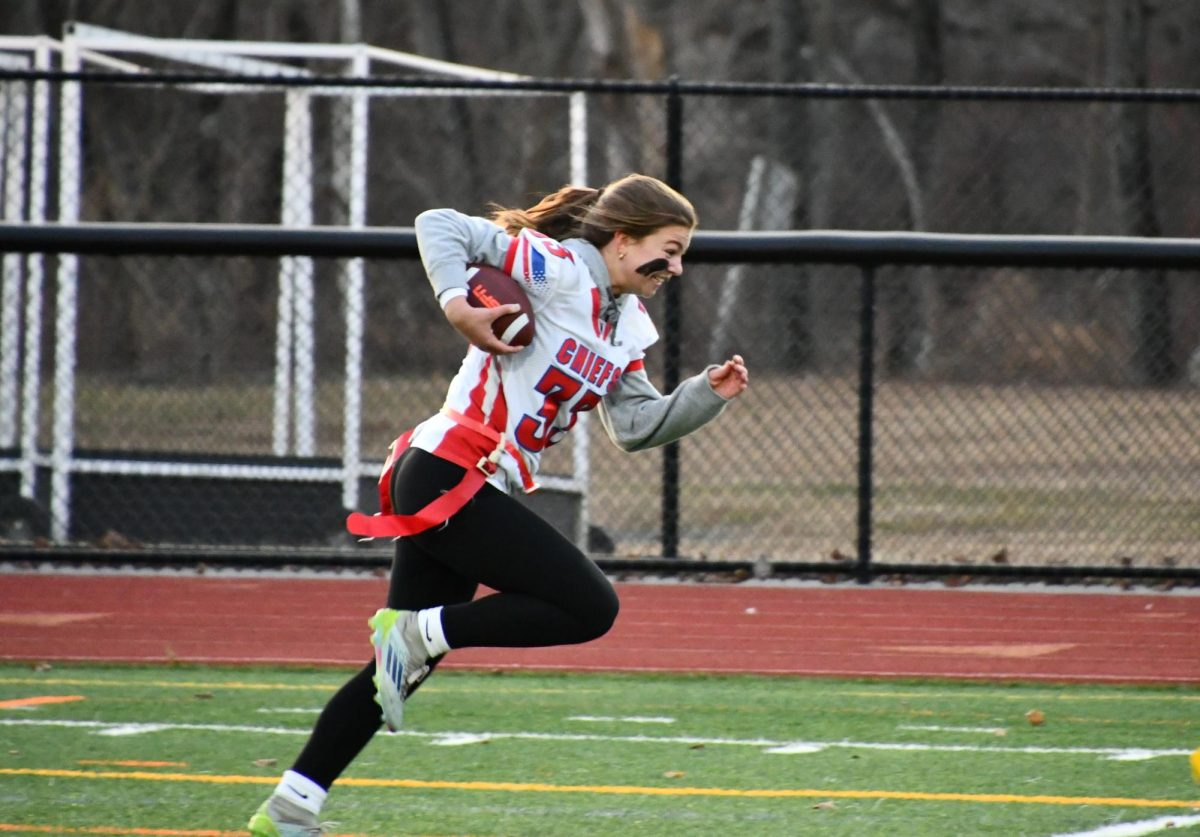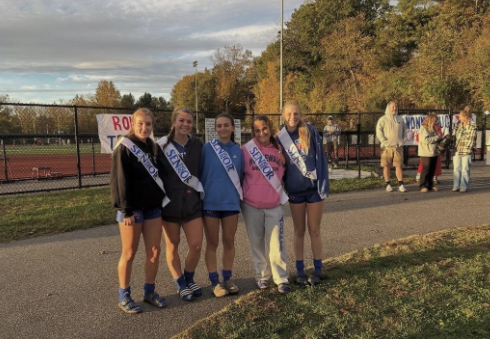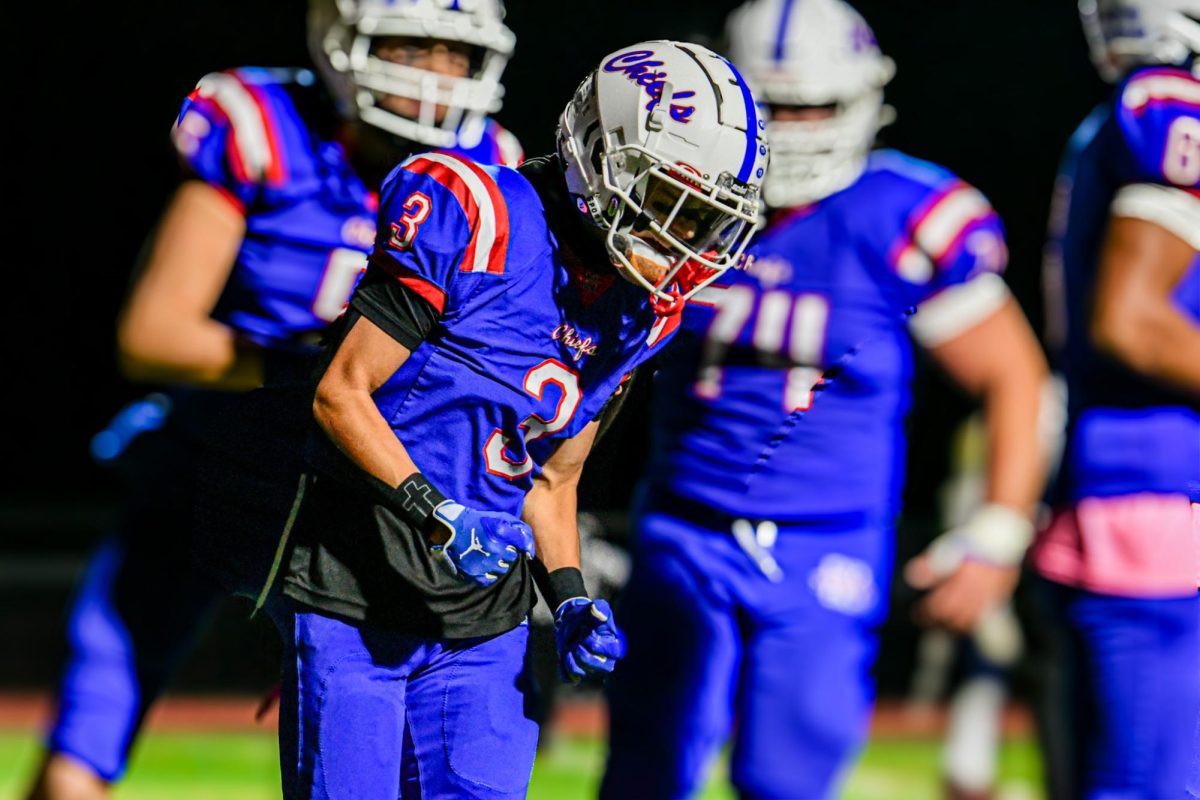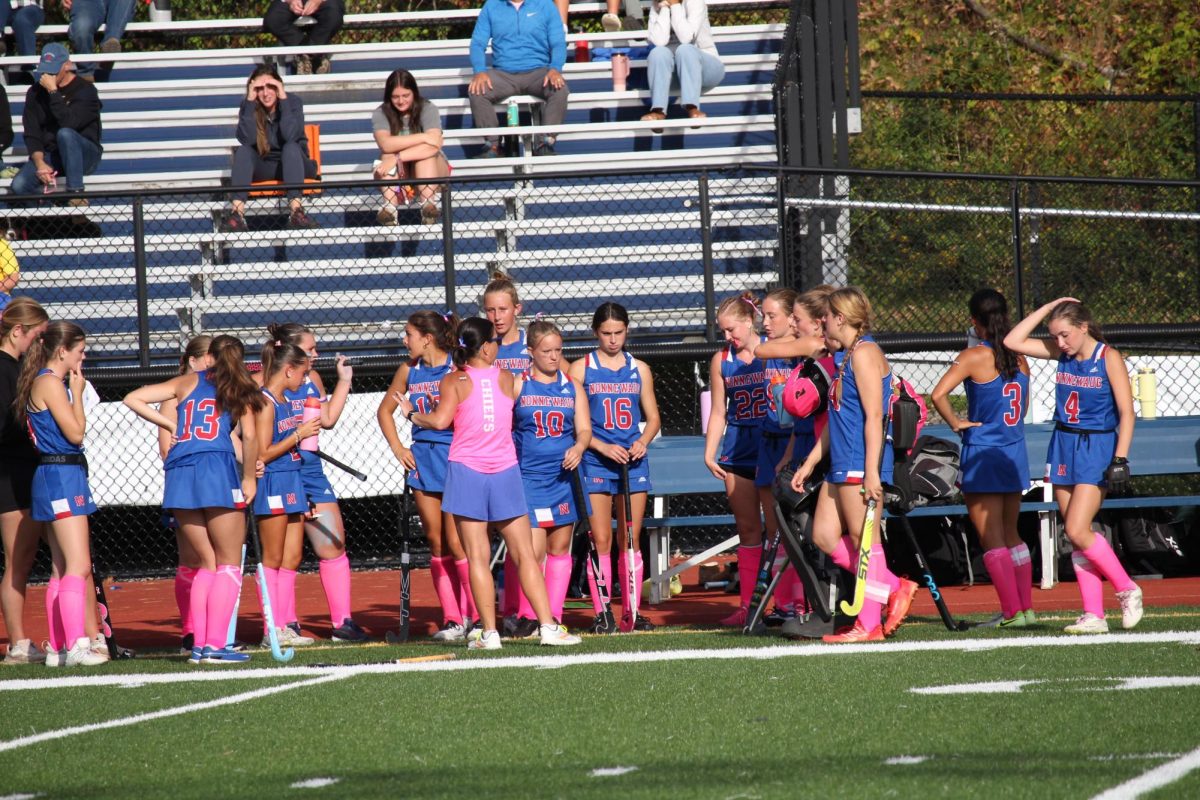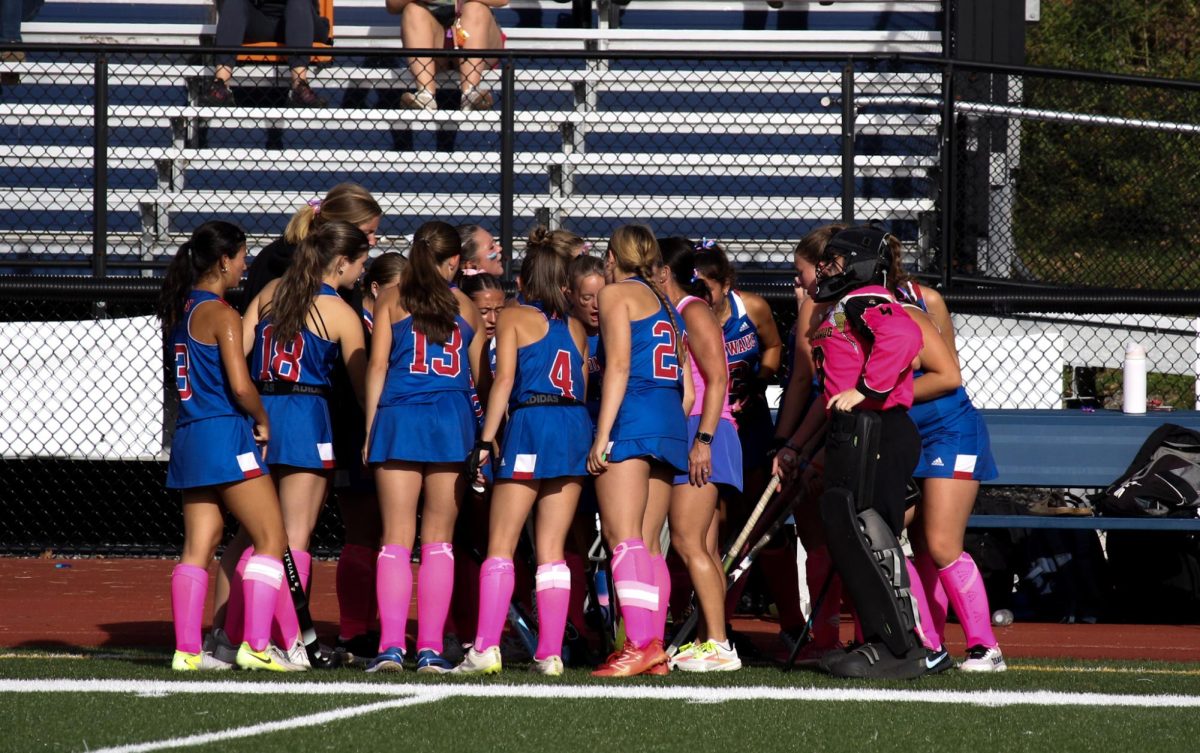WOODBURY — All that 10-year-old Rebecca Trzaski wanted to do was play basketball. But there was one problem: Her elementary school in Waterbury didn’t have a girls basketball team.
So she decided to do something about it.
“I wrote a note to the boys basketball coach saying that I wanted to join and then ended it with, ‘P.S. I’m pretty good,’” said Trzaski, now a social studies teacher at Nonnewaug High School.
After Trzaski submitted her letter, she recalled that the coach “marched into the principal’s office” and gave him two choices to avoid violating Title IX: “You’re either going to offer a female basketball team, or I’m taking this girl on my [boys basketball] team.”
Soon enough, the school had its first girls basketball team, which Trzaski’s mom stepped up to coach because “they called my mother and said, ‘Your daughter is a rabble rouser, so you’re going to coach the team.’ My mother knew nothing about basketball.” Eventually, an entire fifth- and sixth-grade league followed as more girls wanted to play basketball.
Fast forward to this summer, when Trzaski saw how much things have changed since the letter she wrote.
“This summer was the 50th anniversary of Title IX, and on that night we had 60 girls out on the basketball court,” said Trzaski, who helps run a girls basketball league in Middlebury. “I said to [my daughter], ‘This is what it’s about, providing opportunities for the next generation that weren’t really there.’ My mother didn’t get to play basketball because there were no girls leagues. I was able to get a league because of my mother, and now my daughter has a very strong program.”
As women’s sports are becoming more popular by the day, Title IX is viewed as the backbone of that success.
Title IX is a 1972 law which states that “no person in the United States shall, on the basis of sex, be excluded from participation in, be denied the benefits of, or be subjected to discrimination under any education program or activity receiving federal financial assistance.”
In the years since, women’s sports have skyrocketed in popularity, and many young girls have been playing sports since they could walk.
“Soccer is my passion and I have devoted many years to my sport. I’ve been playing soccer since I was 6 years old,” said Katie Farrell, a junior soccer player at Nonnewaug. “If I didn’t have the opportunities I did as a kid, I wouldn’t be where I am today.”
Nonnewaug continued a strong track record in most women’s fall sports this year. The volleyball team was one of those great teams, only losing to one opponent during the regular season.
A main goal for the volleyball team this fall was to try to get more people to attend games. That’s where Juliette Nichols came in. She started an Instagram account that became quite popular right off the bat. This later showed positive results as games were filled for almost every home game.
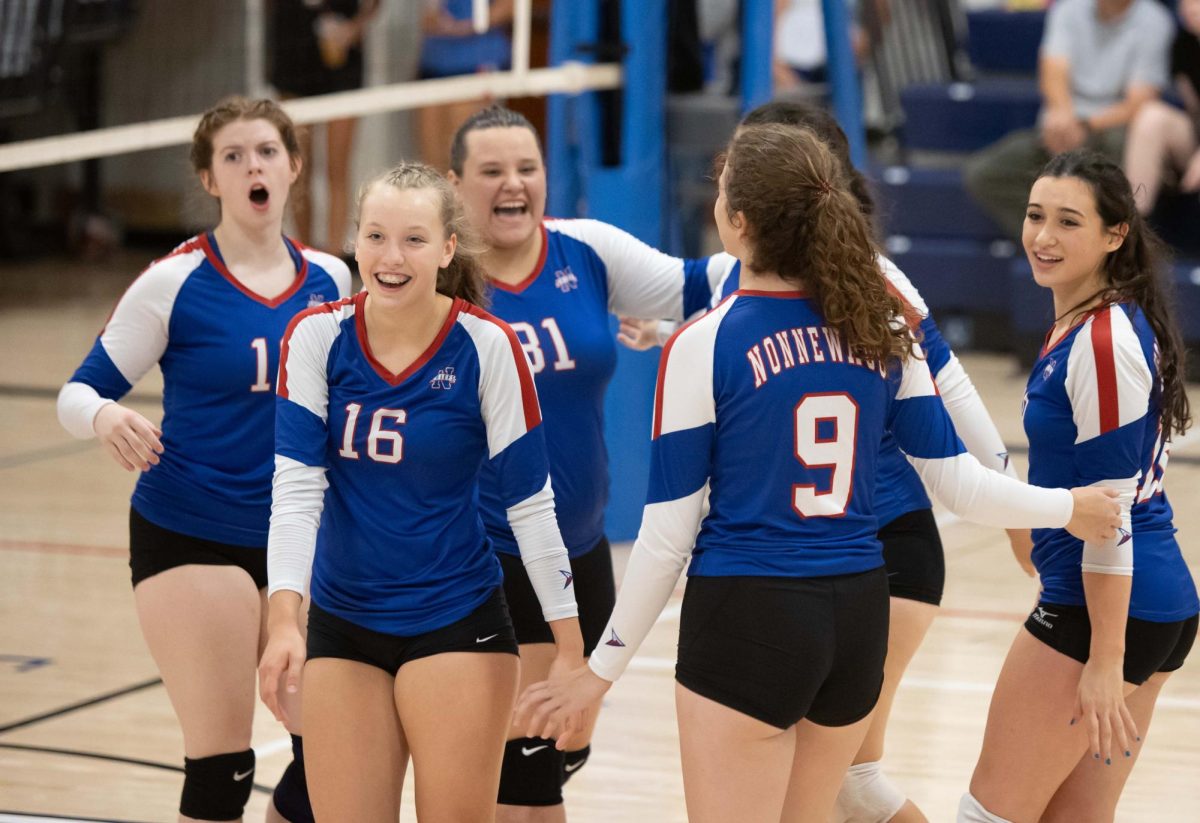
“I mainly started the Instagram account because we really didn’t have one last year, and as seniors, this was our last chance to have a student section, so I really just wanted to get the word out about our games,” Nichols said. “We’re a good team and we deserve a student section.”
As more fans came, senior Luke Cenatiempo noticed more energy in the gym.
“The games are very exciting,” Cenatiempo said. “I think more people should show up and support our volleyball women.”
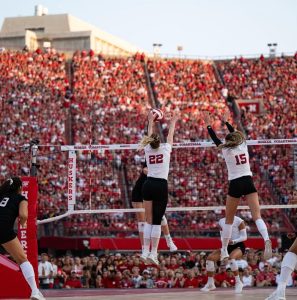
While Nonnewaug experienced a larger volleyball crowd this year, the University of Nebraska’s volleyball team takes the cake. The Cornhuskers set a world record for single-game attendance at a women’s sports event when they drew 92,003 fans to Memorial Stadium.
Nebraska also holds the NCAA record for most consecutive volleyball games sold out with 313, as of Oct. 20.
“I wish more people had this energy and support for more women’s sports,” Nichols said. “Seeing how many people came to the [Nebraska volleyball] game is exciting.”
Even though women now have opportunities in all sports, professional women athletes are still paid unequally even though oftentimes they have more success than some men’s teams, such as the U.S. national soccer teams.
“Yes, there are still a lot of inequalities,” Trzaski said, “but when [former U.S. Women’s National Team soccer player] Megan Rapinoe stands up and says, ‘We don’t lose; we deserve to be paid better than the men’s soccer team,’ those are the fights that we’re going to continue to have until societal expectations change. … The more we get into the media … that’s phenomenal.”



